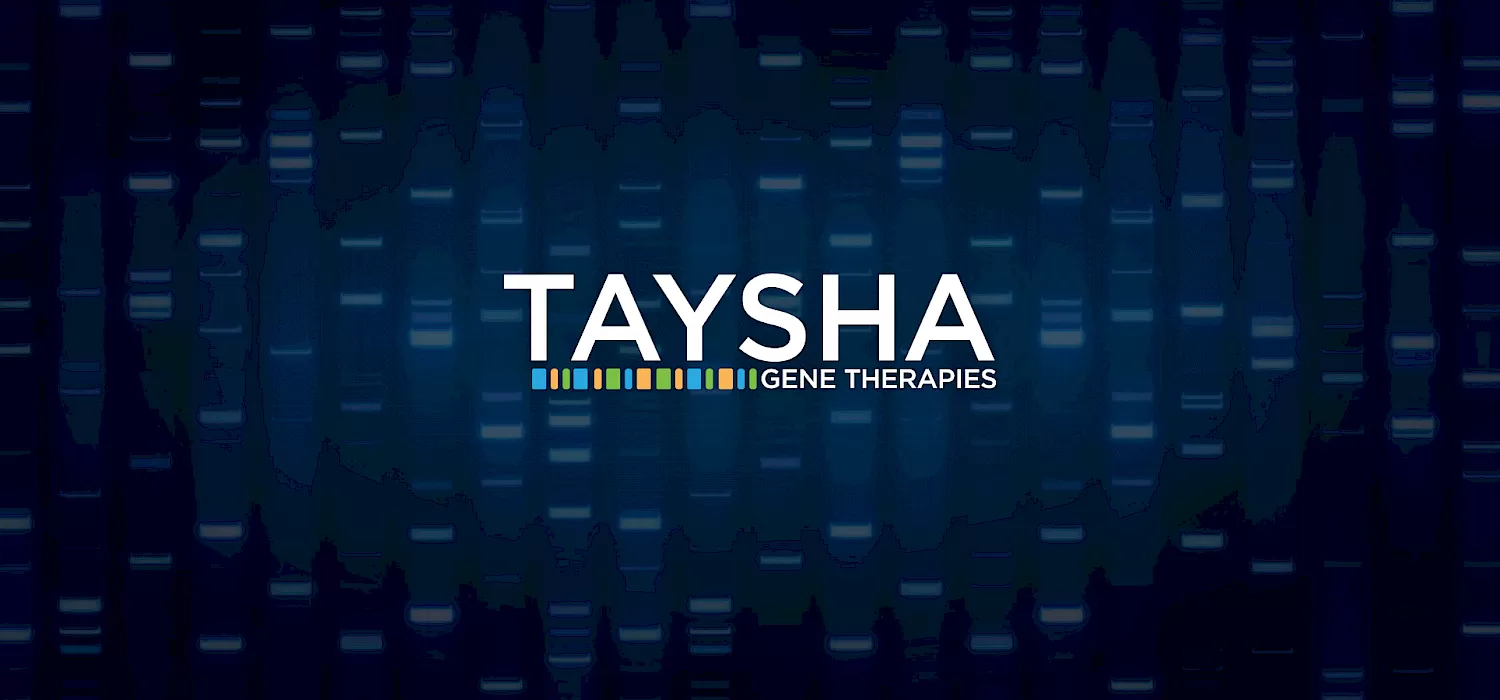News from Taysha That We are One Step Closer to Testing Gene Replacement for Rett

News announced by Taysha Gene Therapies late last month brings us one step closer to testing a treatment that tackles the root cause of Rett syndrome: We could see the first genetic-based therapy in a clinical trial as early as the end of this year.
Taysha Gene Therapies burst on the scene in April of last year. Started by a number of former executives from AveXis, which developed genetic treatments for rare neurological genetic disorders, the rich company pipeline includes a Rett syndrome gene replacement program. Known as TSHA-102, this program exists because of RSRT-funded research conducted by Dr. Steve Gray, a member of RSRT's Gene Therapy Consortium, and Sir Professor Adrian Bird as part of the MECP2 Consortium.
Gene replacement delivers healthy genes to the body to compensate for mutated genes and is a one-and-done strategy. It is the lead curative strategy that we champion at RSRT. To learn more about gene replacement, watch the Gene Replacement for Rett Syndrome 101 webinar we hosted in July.
The Taysha gene replacement approach includes two techniques that differ from the gene replacement therapy pursued by Novartis. First, TSHA-102 delivers a shortened, mini-gene version of MECP2 which encompasses the critical domains of the gene. The mini-gene was developed in the lab of Adrian Bird and funded through RSRT’s MECP2 Consortium.
Second, TSHA-102 includes a novel platform technology called miRNA that controls the levels of MECP2 expression. This is important because too much MECP2 protein causes neurological problems as well. This technology was developed by Steve Gray and was funded by RSRT through the Gene Therapy Consortium.
Taysha recently announced their second quarter financial results and provided a company wide update on their clinical programs, including TSHA-102. This is where we get excited: Pending approval from regulatory agencies, the company plans to initiate clinical trials by the end of this year. Taysha expects to report clinical data by the end of next year.
We will keep the community up to date on developments as they become available.


